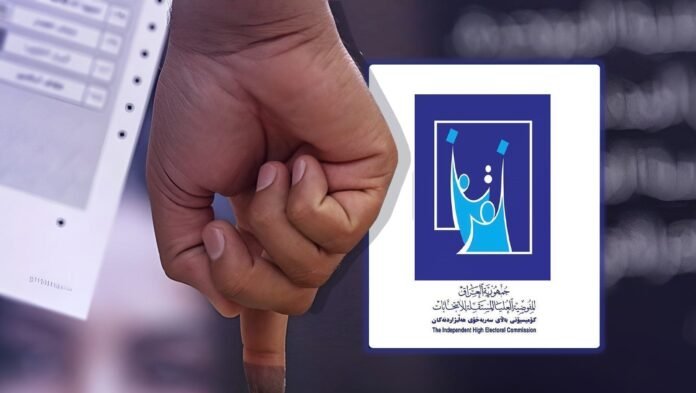Baghdad is slowly heating up ahead of the elections. However, the early election campaign ban is being ignored by many candidates. Even though the official campaign date has not started, streets are already filled with posters. On social media, political ads are spreading fast.
Election experts are watching this trend with concern. They believe such violations reveal a lack of political awareness. They also stress the need to understand the difference between general political advertising and direct election propaganda.
In Baghdad, election expert Duraid Tawfiq explained that advertising comes in two forms. Physical posters appear in public spaces, while heavy promotion also happens online. Tawfiq noted that both methods count as propaganda, but each has its own rules.
Meanwhile, the Iraqi Election Commission has issued a clear warning. Officials announced that the official campaign start date is in October. Any campaign activity before that will be punished under the early election campaign ban.
Commission spokesperson Hassan al-Qabas stated that monitoring will be thorough. Main oversight committees have been formed in the national office. Subcommittees are also active in provincial offices. A joint effort with the Integrity Commission aims to track and prevent unregulated financial activity.
The Election Commission has previously warned candidates about this. Those who violate the rules risk being disqualified from the campaign. The penalty also applies to advertisements posted on social media.
Despite these warnings, some candidates continue to ignore the rules. Posters in the streets and online ads are becoming more visible every day. The public is debating this issue. Some voters argue that early campaigns create an unfair advantage.
In conclusion, the early election campaign ban has become one of the key issues in this election season. The Election Commission will closely monitor violations until October. Those who break the rules face serious consequences.


